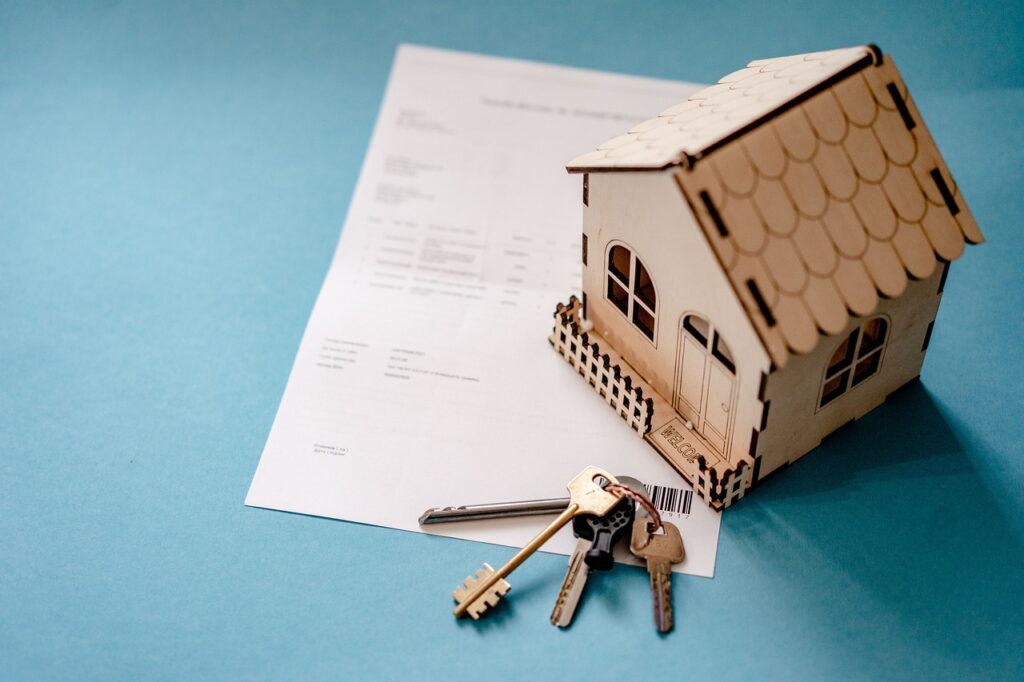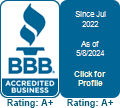Moving and storage is all about one thing: what to do with your belongings. While it’s clear you want to store or relocate items you want to keep, your choices for items you no longer need aren’t as straightforward. You can trash them (which is wasteful, but easy), donate them (slightly inconvenient and with minimal benefits to you) or sell them (difficult, but can give you a boost to your finances and budget).
If you’re considering the latter, you might opt for an estate sale. To maximize your profits, you have to have a few strategies in place first. Here are seven tips for maximizing your return at the next estate sale you host.

1. Audit Your Items
The first step is to decide on what we discussed above: which items to keep, which items to sell and which to dispose of or donate. Your goal should be to reduce the number of items you’re storing or relocating as much as possible, but that doesn’t mean you have to part with belongings that are important to you. Ask yourself the following questions to help you decide which of your items you want to sell:
- Will I use this item or keep it in storage?
- Does this have any value for others?
- Is it new or in good working condition?
- What is the lowest price I would take on it?
- Am I comfortable giving this away if I can’t sell it?
- Would someone in need benefit from this more than someone who could buy it?
- Is there room for this in storage or at my new residence?
It can actually be a good thing if you have a limited selection of items or are only selling items of high quality, as it can improve the perception of your entire estate sale. If visitors see a bunch of items they consider poor quality, they may attempt to lowball you with offers. It’s okay to downsize your estate sale as necessary.
2. Be Smart About Pricing
You want to maximize your profits, of course, but don’t price items too high or too low. This is tricky, as you’re trying to determine the price others would buy items at more than you are trying to determine their “value.” These are just a few of the factors that can impact your price:
- The type of item you’re selling.
- Where the estate sale is being held.
- The condition of the item you’re selling.
- Whether the item is in a set or by itself.
- The lowest price you’re willing to accept.
Also, be sure you don’t assign emotional value to items, as others will not carry those same attachments. If you’re unwilling to price something at an appropriate price, it might be better to keep it in storage.
3. Fix Items as Necessary
While you don’t usually want to sell anything broken, you can repair or clean certain items to get them back into “sellable” condition. Whether it’s a new coat of paint, some tightening of screws or some simple polishing, you’d be surprised how easy it is to make certain items look new again. This is an especially wise tip to consider if you’re selling anything that could be highly valuable. People like getting a deal, even if they’re buying something that’s not perfect.
4. Appraise Questionable Items
You might have some hidden gems in your belongings as well. If you’re unsure about an item that could be of potential value, don’t just put a price on it or ask for offers. Instead, get it appraised by a professional. Some examples of these types of items include antiques, jewelry, sports cards, video games, fine art, tools and collectibles.
5. Rent a Storage Container
Portable storage containers can help you organize your estate sale and keep anything that’s not for sale out of the way. These containers can be delivered to your location and loaded up on your timetable, making them ideal for every stage of the estate planning process. You can also have these containers delivered to a storage facility when it’s time for the actual estate sale.
6. Be Smart About Scheduling
Don’t run your estate sale in the middle of a weekday; that’s just asking for low traffic and deal hunters. To draw a variety of prospective buyers, consider hosting it on a holiday-free weekend when people aren’t likely to be traveling.
7. Advertise As Necessary
Whether you’re paying for an ad or posting on social media, take a few pictures of your best items and advertise your estate sale. Word-of-mouth advertising is effective and people will likely spread the news about your event. Relying on people who walk or drive by is not usually a good formula for success—when it comes to maximizing your profits, anyway.
These are just a few ways to ensure a profitable estate sale. To see how a portable storage container can help (and to get a no-obligation quote), contact SAM (Store & Move) today.
